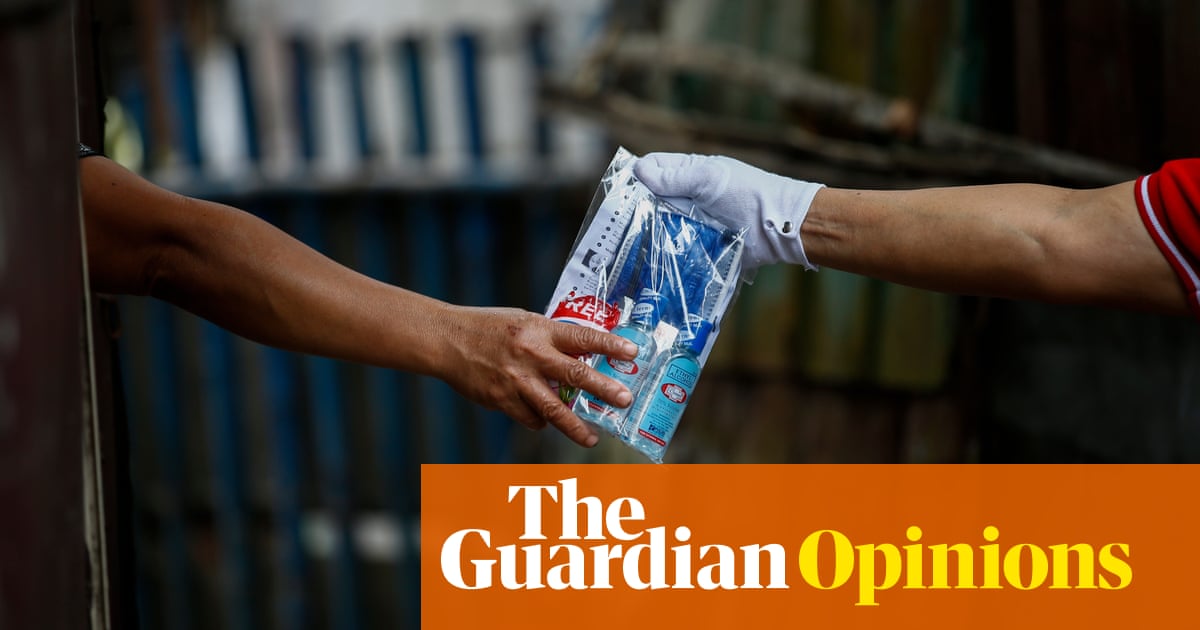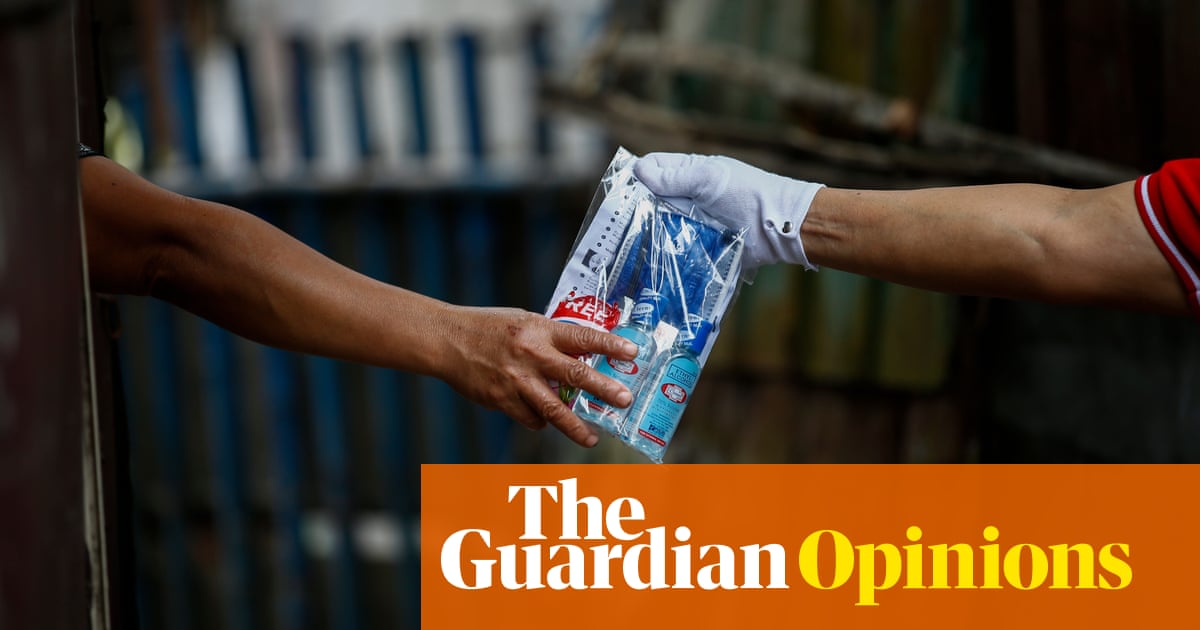Our worst worries might be being understood, however generosity and care will win, states psychoanalyst Anouchka Grose

W e’re enduring a time of nationwide, and worldwide, crisis. Our systems are breaking down, we’re being separated from buddies and liked ones, not sure and scared regarding how life might will unfold. “Reality” appears to stumble from one stressing circumstance to another. Details and suggestions keep altering– absolutely nothing hangs on, other than the concept that something, whatever, is going frantically awry.
As a psychotherapist who is utilized to dealing with customers who experience environment stress and anxiety, I’ve ended up being knowledgeable about individuals’s dreams and worries about the breakdown of life as we understand it. Much of us have actually been hearing, and speaking, for several years about the dangers of social collapse due to severe weather condition , and the resulting disintegration of the systems that hold society in location– not to point out the disastrous impacts on nature.
However, few people thought that many of our gloomiest forecasts would be so all of a sudden understood, albeit for another factor (although pandemics are really quite on the list of climate-related issues ). Like environment collapse, coronavirus is a risk to our incomes, our social lives, our health, our certainties.
Psychological injury, which is one method to consider the impacts of what’s going on today, originates from a mix of a severe occasion and its challenging consequences: “injury” actually implies “injury”. We understand we will all be injured in various methods by the pandemic, and suffer various losses. Our healings, too, will follow various courses. We can make options now about how we act, and it is really crucial to our future healing that each of us will be able to live with our actions later on. Doing the “ideal thing”– insofar as we can understand what that is– is of the utmost value.
History has lots of disasters: world wars, tsunamis, terrorist attacks. These occasions are responsible to expose the fractures in societies and people, as if we just learn who we truly When whatever goes incorrect, are. At the heart of many individuals’s climate-related worries is the idea that absolutely nothing actually holds us together, that we will all end up being self-centered beasts the minute the shit strikes the fan. On the other hand, remarkable examples such as the French resistance, or the heroism of the firemens handling 9/11 , provide us hope and permit us to continue to think in the worth of our human job. Emergency situation employees in the after-effects of Fukushima , too.
So which is it to be? Will coronavirus make us break down, or stick? Fights over bathroom rolls recommend the previous, while individuals’s rush to sign up with area support system recommends the latter. It will draw out the very best and worst in individuals. When getting the pieces after the occasion, kept in mind minutes of bravery and altruism are extremely frequently the important things that assist us to see the point in continuing. The options we make now– even small ones– will make every distinction to how we feel about ourselves, and others, in the future. The social bond is whatever– and maybe now that we’re not able to reveal it physically, even with a handshake, we can see it in even sharper relief. If we can trust ourselves not to act severely, it will be far simpler for us to think that other individuals, too, can be good. Excellent relations, in this unpleasant brand-new truth, are possibly the most important thing we have.
This crisis is strange because it requires seclusion. Still, we can– and need to– be there for each other, acting properly, even if that indicates keeping one another at arm’s length (and even a little additional). Many individuals’s worst worries are being understood– the unimaginable is occurring. If we have to dish it out through the in some cases pushing away medium of electronic gadgets, compassion, care and fellow sensation are the qualities most likely to pull us through– even.
“Niceness” is a much derided individual quality. It sounds respectful, uninteresting, and perhaps even a bit phony. No one wishes to date a Nice Guy– he’s just doing all that “comprehending” crap to fool you into bed. Maybe there’s a requirement right now for a more extreme type of “niceness”– the real, genuine offer. Individuals who struggle with post-traumatic tension are typically stated to be caught in some way in their own past, not able to disentangle themselves from the mishaps, atrocities or disasters that have actually befallen them. They relive the occasion as if wanting to remedy it: “What if I had done things somewhat in a different way? Turned left/said ‘no’/ withstood temptation?” This pandemic has actually undoubtedly taken us by surprise, things aren’t moving so rapidly that we can’t believe and make options about how to act within it. If we do the best thing by one another as much as we potentially can, there’s a hope that, whatever injuries we will sustain, we’ll have the ability to recover together.
– Anouchka Grose is a psychoanalyst and author
Read more: https://www.theguardian.com/commentisfree/2020/mar/19/radical-niceness-coronavirus-crisis


Recent Comments